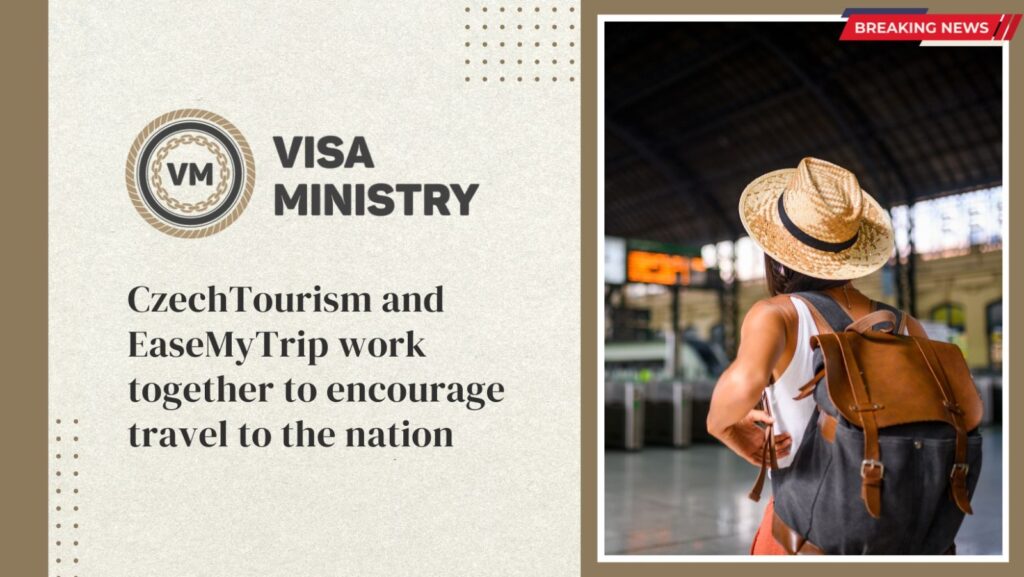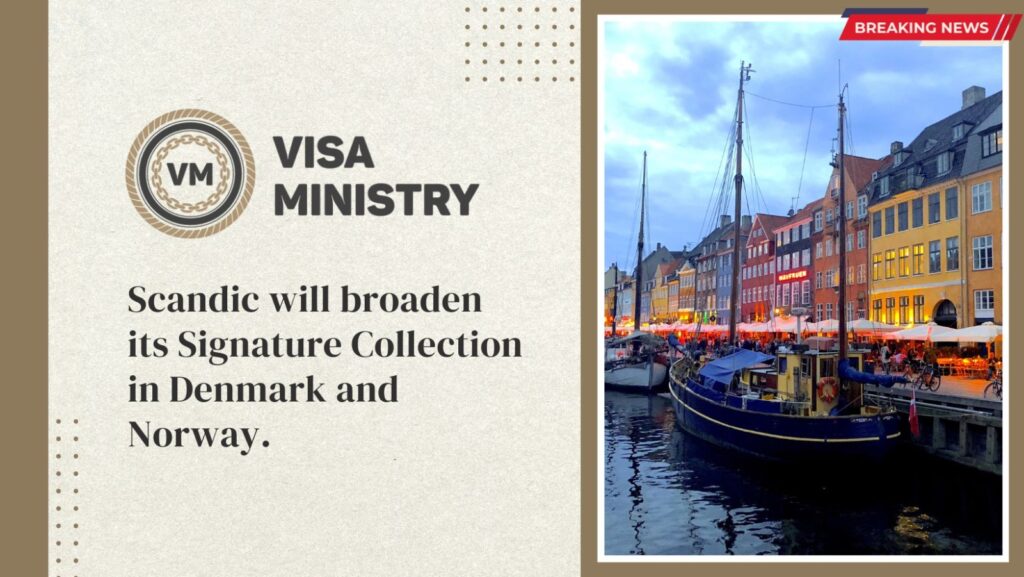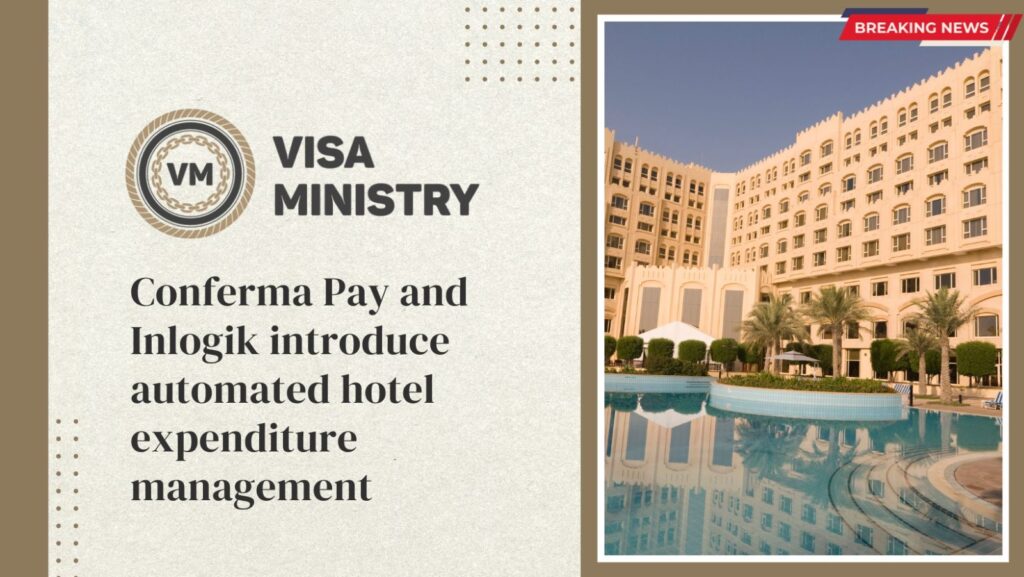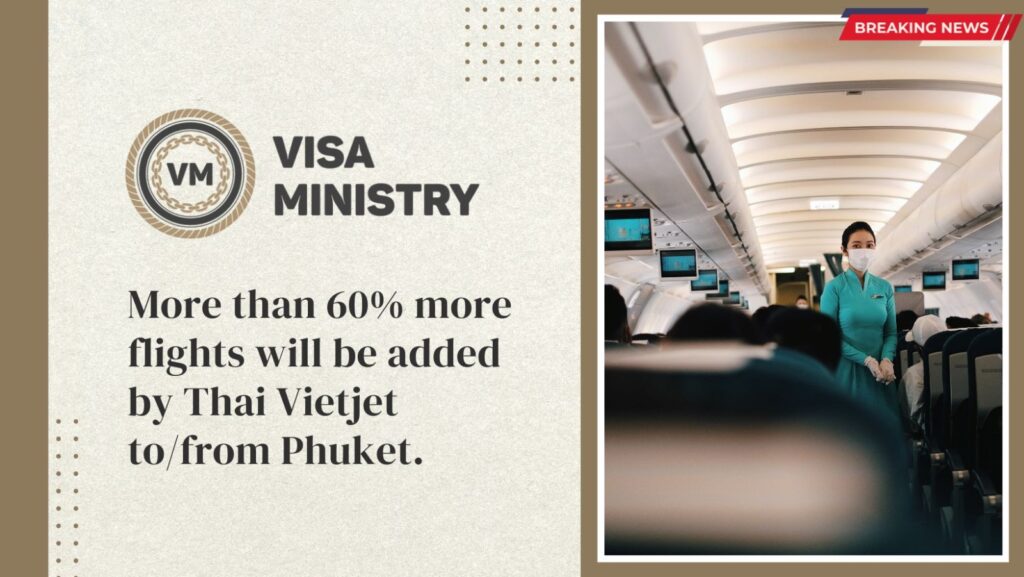Introduction Welcome, food enthusiasts and culinary adventurers, to a tantalizing journey across continents! Today, we embark on a flavorful expedition that will take us through the diverse and vibrant cuisines of the world. From the delicate delicacies of Europe to the fiery spices of Asia, from the rich traditions of Africa to the zesty creations of America and Australia – get ready for an epicurean adventure like no other. In this blog post, we’ll explore some of the most renowned culinary treasures each continent has to offer. So fasten your seatbelts (or rather apron strings) as we dive into a melting pot of aromatic flavors and mouthwatering dishes. Get ready to indulge your taste buds in a gastronomic odyssey that will leave you craving for more! So without further ado, let’s set sail on our global voyage as we uncover the distinct tastes and unique ingredients that make up these delectable cuisines. Join us as we discover how French cuisine tickles our palates with its elegance; how Chinese cuisine dazzles with its intricate blend of flavors; how Moroccan cuisine seduces with its enchanting spices; how Mexican cuisine ignites our senses with its boldness; and finally, how Aboriginal cuisine connects us to ancient traditions down under. Prepare yourself for an unforgettable feast for both your eyes and stomachs! It’s time to embark on a truly delicious adventure exploring the Flavors of The World! Europe – French cuisine When it comes to culinary delights, France is undoubtedly a top contender. The flavors of French cuisine are renowned worldwide for their exquisite taste and meticulous preparation. From the buttery croissants to the delicate macarons, each dish reflects the rich cultural heritage of this country. One cannot talk about French cuisine without mentioning its most famous dishes – escargots and foie gras. These delicacies might sound adventurous to some, but they are truly a gastronomic experience like no other. The escargots are cooked with garlic and parsley butter, resulting in a tender and flavorful treat. As for foie gras, it is made from fattened duck or goose liver and has a creamy texture that melts in your mouth. French cheeses also deserve a special mention as they come in an array of textures and flavors. Camembert, Brie, Roquefort…each cheese tells its own story through its distinct taste profile. Pair them with freshly baked baguettes or artisanal crackers for an indulgent snack. To satisfy your sweet tooth, look no further than classic French desserts such as crème brûlée and tarte Tatin. Crème brûlée features luscious custard topped with caramelized sugar that crackles under your spoon’s touch. Tarte Tatin showcases caramelized apples atop flaky pastry – pure bliss! In France, food isn’t just sustenance; it’s an art form that elevates everyday dining into something extraordinary. So next time you find yourself craving delectable flavors from across the globe, be sure to indulge in the wonders of French cuisine! Asia – Chinese cuisine When it comes to exploring the flavors of the world, one cannot overlook the rich and diverse culinary heritage of China. Chinese cuisine is renowned for its bold flavors, intricate cooking techniques, and use of fresh ingredients. One of the most iconic dishes in Chinese cuisine is Peking duck. This delectable dish features crispy skin and succulent meat that melts in your mouth. It is typically served with thin pancakes, scallions, cucumber, and hoisin sauce – creating a harmonious blend of textures and flavors. Sichuan cuisine, on the other hand, brings a fiery heat to the table. Known for its liberal use of chili peppers and Sichuan peppercorns, this regional cuisine offers an explosion of spicy yet numbing sensations that will leave your taste buds tingling. Dim sum is another beloved aspect of Chinese cuisine. These bite-sized portions are often served in bamboo steamer baskets and encompass a wide range of dumplings filled with various ingredients such as shrimp or pork. Dim sum gatherings have become a cherished tradition among families and friends in China. In addition to these famous dishes, there are countless other regional specialties waiting to be discovered throughout China – from Cantonese delicacies like sweet-and-sour pork to Shanghai-style soup dumplings known as xiaolongbao. Chinese cuisine truly offers a treasure trove of flavors that reflects not only its vast geographical landscape but also centuries-old traditions passed down through generations. So next time you’re seeking an adventure for your palate, embark on a culinary journey through Asia’s vibrant gastronomic tapestry – indulge in all that Chinese cuisine has to offer! Africa – Moroccan cuisine Moroccan cuisine is a vibrant reflection of the rich history and diverse influences that have shaped this North African country. From the aromatic spices to the hearty stews, Moroccan food is a true celebration of flavor. One of the most iconic dishes in Moroccan cuisine is tagine. This slow-cooked stew gets its name from the earthenware pot it’s cooked in, which has a cone-shaped lid. Tagines can be made with meat, such as lamb or chicken, or with vegetables for a vegetarian option. The combination of spices like cumin, coriander, and saffron gives tagines their distinctive taste. Another popular dish is couscous. Made from semolina grains, couscous serves as a versatile base for countless flavorful creations. It can be paired with tender chunks of meat and an array of veggies for a filling meal. Morocco’s coastal location also means that seafood plays an important role in its culinary repertoire. Grilled sardines seasoned with herbs and lemon juice are simply delicious. To round off any meal, you must try some traditional Moroccan sweets like pastilla or chebakia. These treats feature delicate layers of phyllo pastry filled with nuts and honey or crunchy sesame-coated cookies infused with orange blossom water – perfect for satisfying your sweet tooth! The distinct flavors found in Moroccan cuisine are truly captivating and offer an exciting culinary adventure for those willing to explore them further. So next time you’re craving something exotic and full-bodied, why not embark on a journey through Morocco’s delectable offerings?









